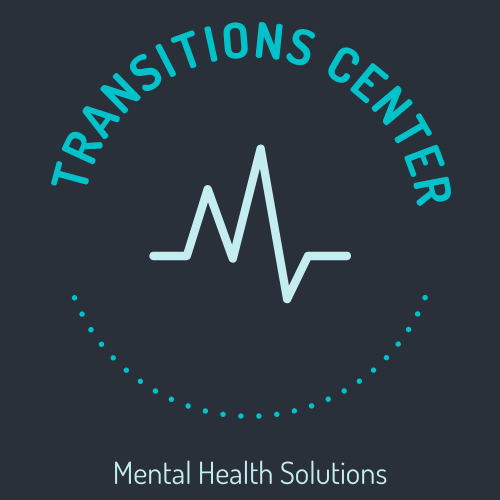Mental well-being is a concept that has become more and more popular over the past decade. The idea of mental wellness can be a very divisive topic, but it’s important to recognize that there are many different signs that someone may be experiencing low levels of mental wellbeing. Here are five indications of mental well-being.
1. Optimism is viewed as the tendency to expect the best-case scenario in any given situation, even if there are no signs of hope. Optimistic people tend to be more successful at achieving their goals, and they also have better physical health than pessimists. They are typically more satisfied with life and with themselves, but they are also less likely to get preoccupied with negative feelings. Optimism is the result of optimistic or positive self-talk, which occurs when people repeat empowering statements to themselves. These statements influence how people feel about situations and determine whether they will remain in control of their lives or not. For example, “I’m a failure” is a commonly pessimistic self-talk statement. An optimistic self-talk statement would sound more like “I’ve had challenges in the past, but I can continue to improve and succeed if I put my mind to it.”
2. Creativity as a sign of mental well-being has been proven repeatedly by research as well as personal experiences. A study of more than 500,000 adolescents in Sweden found that people who report being “creative types” are far less likely to suffer from mental disorders as adults. Creative people are generally viewed as happier, healthier, and even wealthier than their non-creative counterparts. Creativity has many positive effects on the brain and on mental well-being. For example, it stimulates more connections between neurons in the brain, which has been proven to increase intelligence and memory while also calming your mood and elevating your sense of self-worth.
3. Positive thinking is a key element of mental wellbeing, but negative thinking can be just as powerful if not handled properly. Positive thinking is the ability to see the best in a given situation, whether you are talking about your own life or something else entirely. For example, if a person fails a test, someone practicing positive thinking would think “I got a low grade on that test, but I always do well on the next one.” Someone with negative thinking would think “I failed that test and will fail all the tests after this one. There’s no point in studying or even trying.” Positive thinkers view their life experiences as opportunities for growth and acceptance. They tend to be happier than people who think negatively about themselves and the world around them. Someone with negative thinking is more likely to experience negative emotions, depression, anxiety, and they are also more likely to lash out at others.
4. Good interpersonal skills are necessary for mental well-being in adulthood as well as adolescence. People with good interpersonal skills are able to establish positive relationships with others and trust their fellow human beings because of their reassuring presence and how easy they are to like. Interpersonal skills usually include empathy, assertiveness, and the appropriate expression of emotions, which all contribute to mental well-being. People who have poor interpersonal skills often suffer from low self-esteem, loneliness, conceitedness (arrogance), or even paranoia because they lack connections with others.
5. Self-esteem is simply the opinion you have of yourself. People with high self-esteem tend to be more successful than people who lack confidence in themselves. They also tend to rely less on substances like alcohol and drugs, because they already feel good about themselves naturally. People with low self-esteem may find themselves engaging in risky behaviors to feel better for even just a moment. People with high self-esteem are generally healthier, more productive, and they have this because they feel like they do not have anything to lose if their behavior leads to negative consequences.
About the Authors
Transitions Center for Natural Mental Health Treatments for a variety of physical and mental dependency issues and conditions. Substance use disorders are difficult to understand for many people. The physical and mental aspects of any substance disorder are complicated and unique to the individual suffering. The differences between physical and psychological dependency vary but have some similarities. Transitions Center for Natural Mental Health Treatments help the public know what to look for as a means of helping a loved one cope with the challenges of mental health disorders.
Sponsored by the best cbd oil online delivery. If you’re looking for an alternative to prescription drugs, Mary Jane’s CBD Dispensary is the place to go. As America’s favorite and most talked about natural remedy, cannabinol (CBD) has become a popular choice among consumers because of its many benefits. Our team at Mary Jane’s are extremely passionate about this industry-leading product and aim to educate our customers on how they can incorporate it into their lives with ease. Are you ready to take your health goals seriously? Get in touch with us today!

